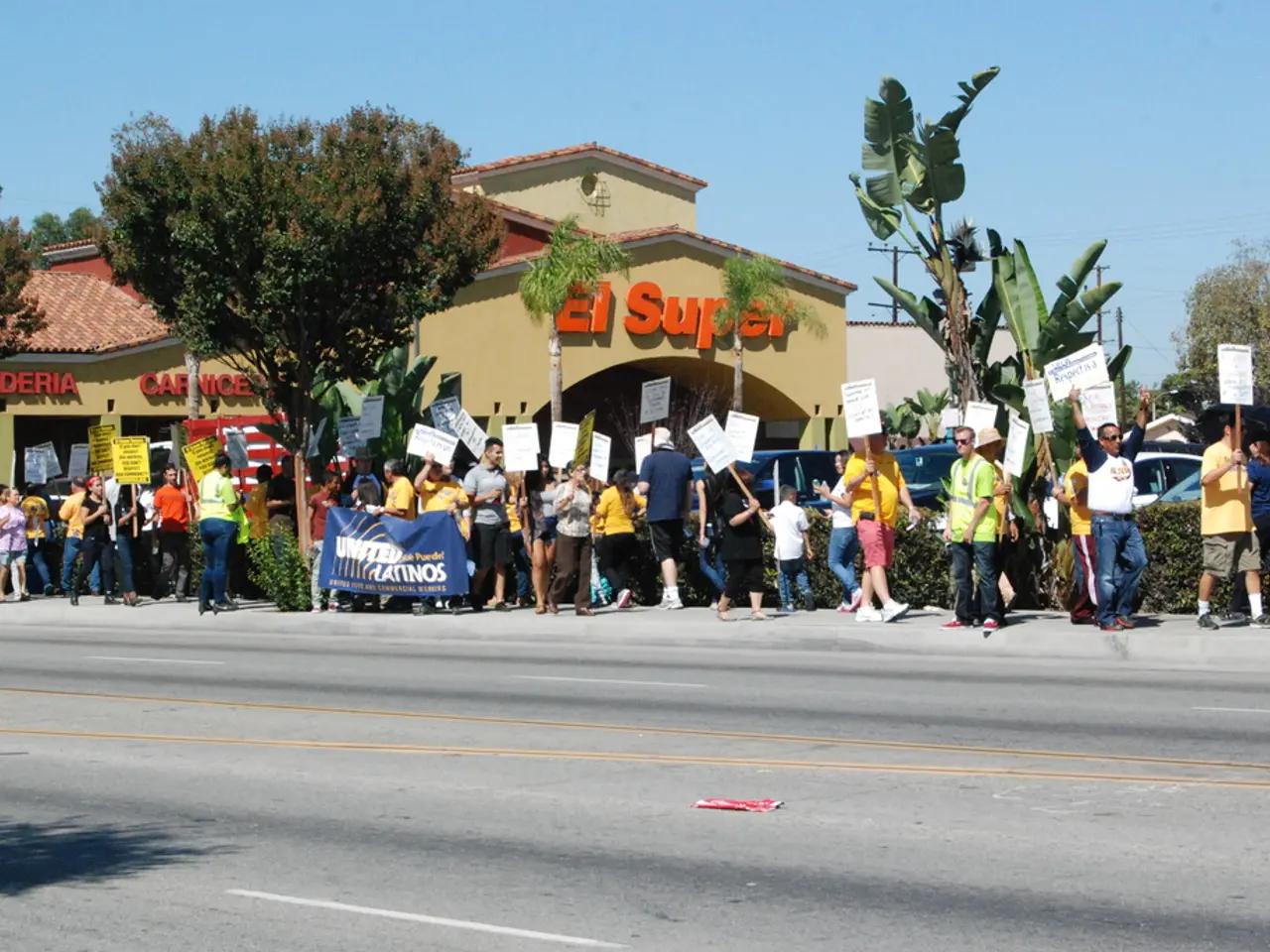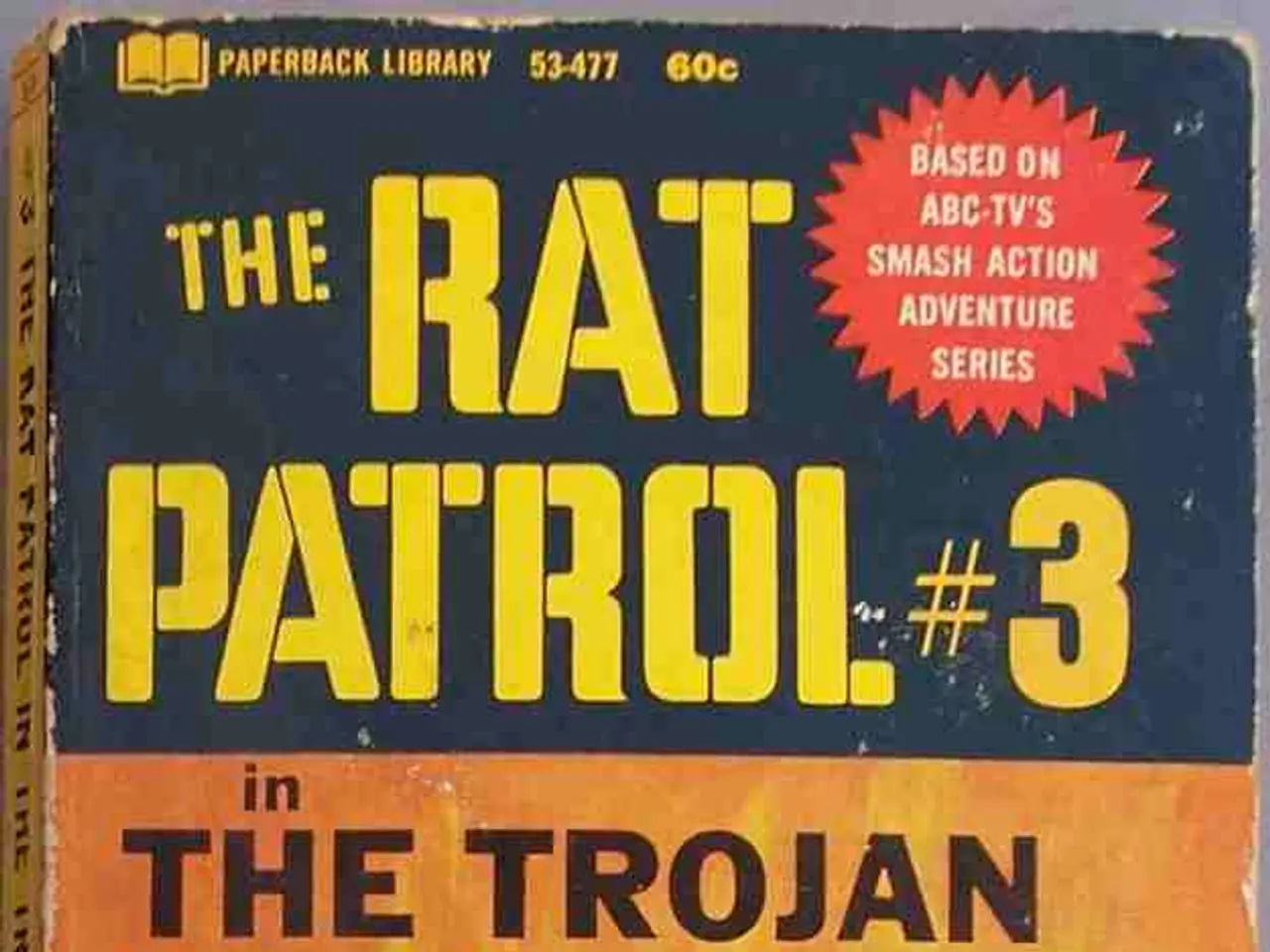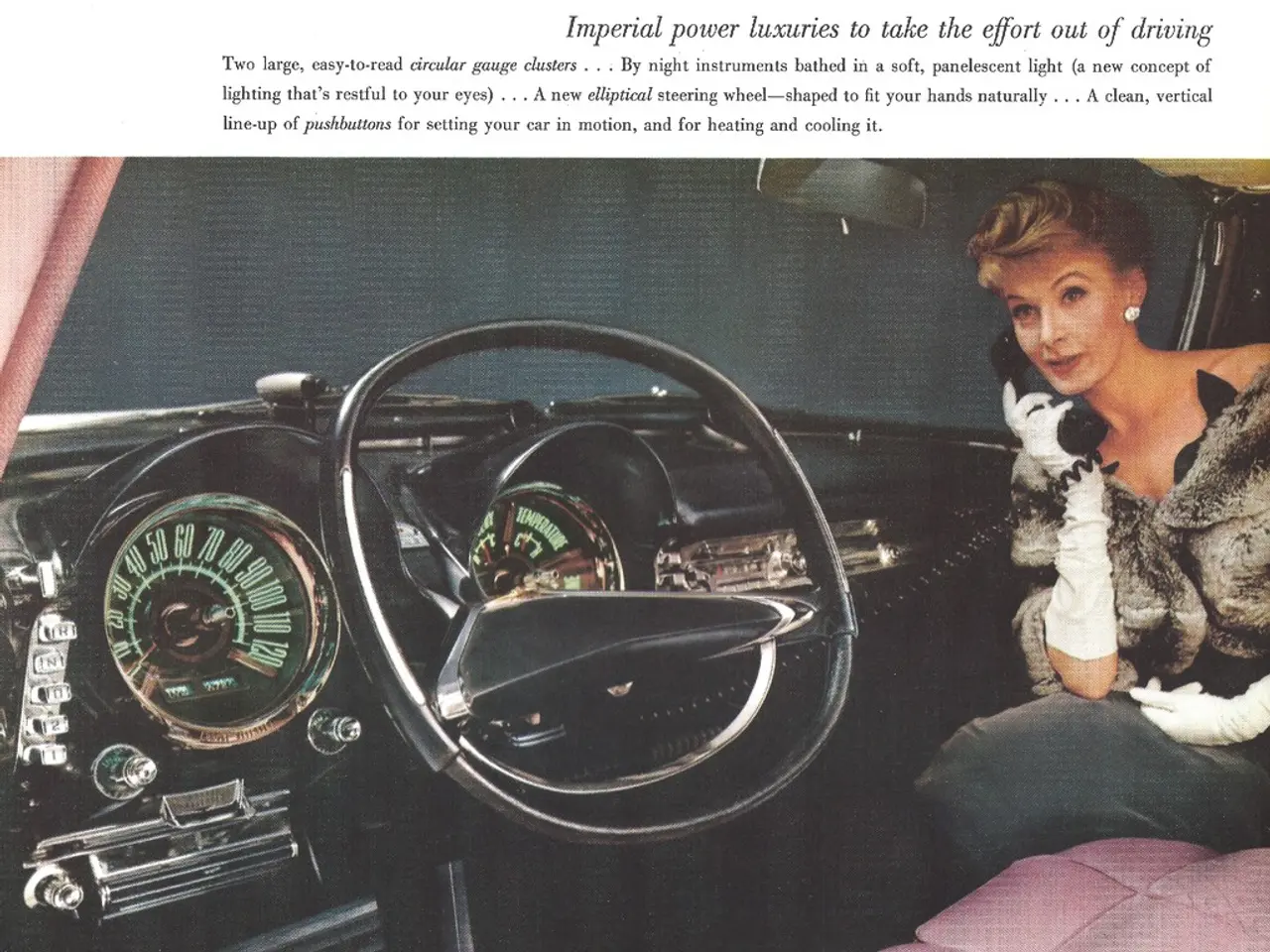New York residents to decide on housing policy and election scheduling in potential November referendums
New York City is set to decide on five ballot measures in November 2025, as the Charter Revision Commission has proposed several measures aimed at addressing affordable housing and development issues. The proposals, which focus on accelerating the creation of affordable housing and promoting equitable development, are designed to reform land use policies and reduce political roadblocks.
One of the key proposals aims to expedite public review for communities with limited affordable housing. This measure intends to reduce delays caused by the current lengthy approval procedures, thereby fast-tracking the development of much-needed affordable housing units.
Another measure seeks to simplify the review process for modest infrastructure projects, known as ULURP. This streamlined process would facilitate the construction of essential infrastructure, contributing to the growth and development of the city.
The proposals also target the City Council’s unofficial veto power, known as “member deference.” By limiting this veto, the measures aim to facilitate more development and increase the supply of affordable housing. This change is highlighted as particularly important to address the growing affordability issue, last overruled in 2009.
In addition, the commission proposes creating a new appeals board to overrule Council decisions on development projects with a majority vote, consisting of the mayor, the speaker of the City Council, and the appropriate borough president.
The commission's proposals come from a report released by the temporary 13-member body empaneled by Mayor Eric Adams. However, City Council Speaker Adrienne Adams has opposed the mayor's charter commission, arguing it was only created to stop a Council-led commission from November.
Rachel Fee, executive director of the New York Housing Conference, praised the recommendations, stating they will create more housing opportunities for residents of all income levels. Fee hopes New Yorkers will have the chance to vote on these recommendations in November to make New York City more affordable and livable.
It's worth noting that over 1 million voters are currently unable to vote in a primary election due to not being registered with a political party. The commission's proposals could potentially increase voter turnout and engagement by aligning city elections with federal elections.
The Charter Review Commission will hold a public hearing on July 7 and a final public meeting on July 21, where members will vote on the language to appear on November ballots. If approved by voters, these measures would amend the city charter to implement these changes, marking a significant step towards addressing the city's housing shortage and promoting equitable development.
Affordability and development have been a major focus in the mayoral race, with both Democratic nominee Zohran Mamdani and Mayor Eric Adams emphasizing housing as a key issue. The proposed ballot measures align with these concerns, offering a potential solution to the city's housing crisis.
[1] Charter Revision Commission Report, 2022 [2] New York City Housing Authority, Housing Vacancy Rate Report, 2022 [3] New York City Fair Housing Plan, 2015
- The Charter Revision Commission's proposals, focusing on policy-and-legislation changes, aim to expedite affordable housing development in NYC by reducing delays in public review, simplifying infrastructure project reviews, and limiting the City Council’s unofficial veto power, particularly in addressing the growing affordability issue.
- The proposed measures, which include the creation of a new appeals board and the alignment of city elections with federal elections, are part of a broader effort to increase voter turnout and engagement, as well as to address the city's housing shortage and promote equitable development in line with the concerns raised during the mayoral race.







